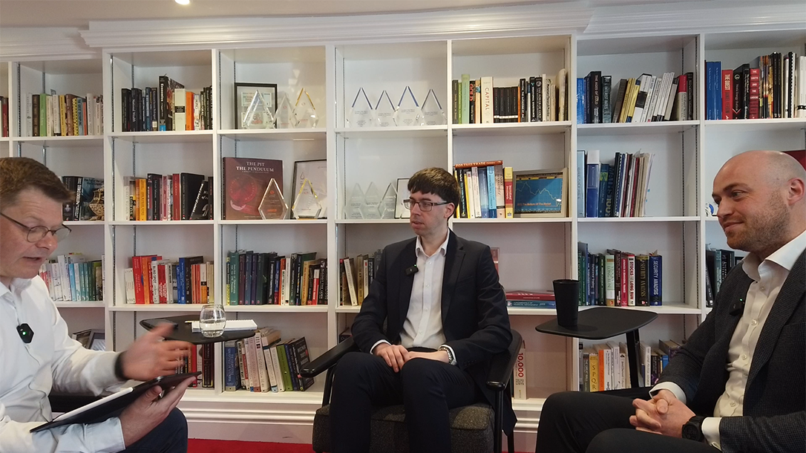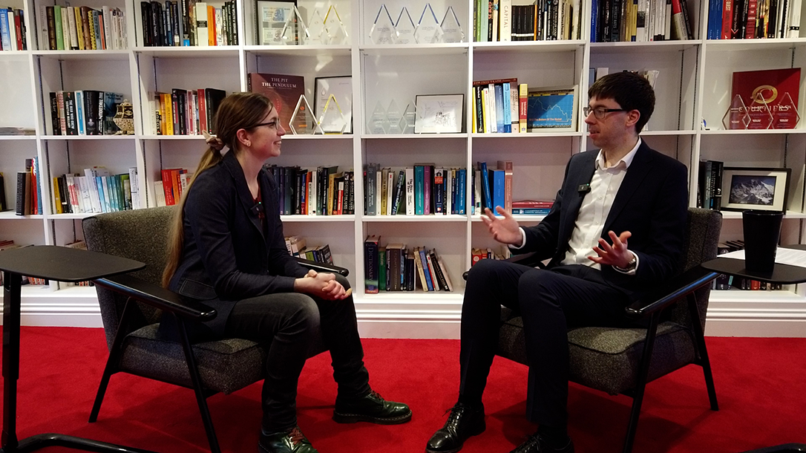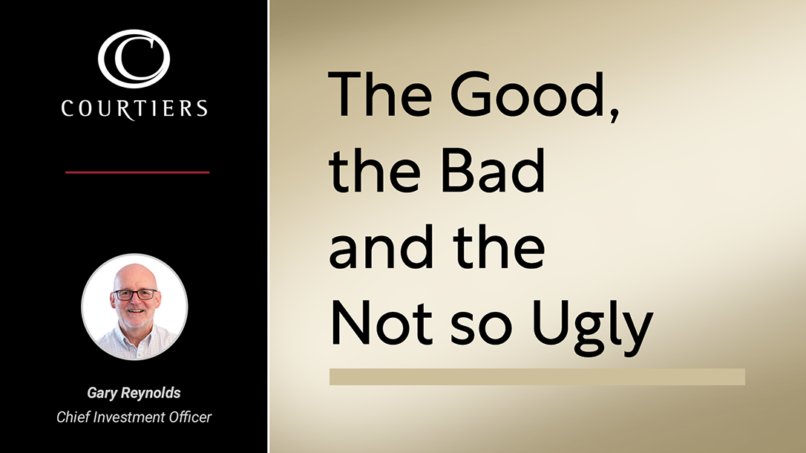After starting the year in positive territory, markets wobbled last week as investors feared that the economic recovery from the pandemic may not be as fast as hoped.
According to the Office for National Statistics, unemployment in the UK has climbed above 5% for the first time since 2016. The most recent inflation data shows that the UK Consumer Prices Index rose to 0.6% in December, but this is still comfortably below the pre-pandemic level of 1.8%. During last week’s stock market wobble, the VIX Index, which measures implied volatility of US equities, rose above 30 for the first time since October. The MSCI World Index, which measures global equities, ended the month down 0.77%.
In the US, Wall Street has been gripped by the surge in value of GameStop shares, triggered by a mass purchase of call options by followers of a Reddit forum. GameStop had been struggling financially, with losses of $1 billion in the last two years. Shares in the company were being shorted by hedge funds, but due to the recent buying frenzy, the share price has surged from below $20 to over $300 in just a couple of weeks, resulting in huge losses for the hedge funds.
Here is the full round-up of January market performance. In the UK, the FTSE 100 index dropped 0.79%, while medium and smaller companies, measured by the FTSE 250 ex IT index and the FTSE Small Cap ex IT index respectively, returned -1.08% and 1.58% respectively. In the US, the S&P 500 index fell 1.01% while in Europe the Eurostoxx 50 index declined 1.84%. Japanese stocks measured by the Topix index rose 0.23%.
Emerging markets outperformed developed markets during the month, with the MSCI Emerging Markets index rising 3.83%. This was led by the gains in China, as the MSCI China index surged 7.26%. Indian stocks, measured by the IISL Nifty 50 PR index, slipped 2.48% while Latin American equities, measured by the MSCI Latin America index, declined 3.07%.
In the fixed income market, UK government bonds, measured by the FTSE Gilts All Stocks index, lost
1.70% and long dated (over 15 years to maturity) gilts slid 3.06%. European corporate bonds, measured by the Markit iBoxx Euro Corporates index, fell 0.14% while sterling denominated corporate bonds, measured by the Markit iBoxx Sterling Corporates index, dropped 1.05%. In the high yield market, the Bank of America Merrill Lynch Euro High Yield index and the Bank of America Merrill Lynch Sterling High Yield index picked up 0.42% and 0.84% respectively.
Commodities had a positive month overall. The S&P GSCI index, which consists of a basket of commodities including oil, metals and agricultural items, delivered 4.94%. The price of a crude oil futures contract increased 7.69%. The precious metals had mixed fortunes as the S&P GSCI Gold and Silver indices returned -2.57% and 1.91% respectively. In the agricultural markets, corn and wheat climbed 13.02% and 3.23% respectively.
In the currency markets, the pound had a good month as it appreciated 0.28% against the US dollar, 0.91% versus the euro and 1.68% against the yen.













